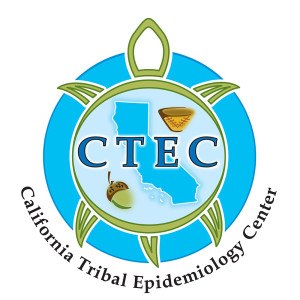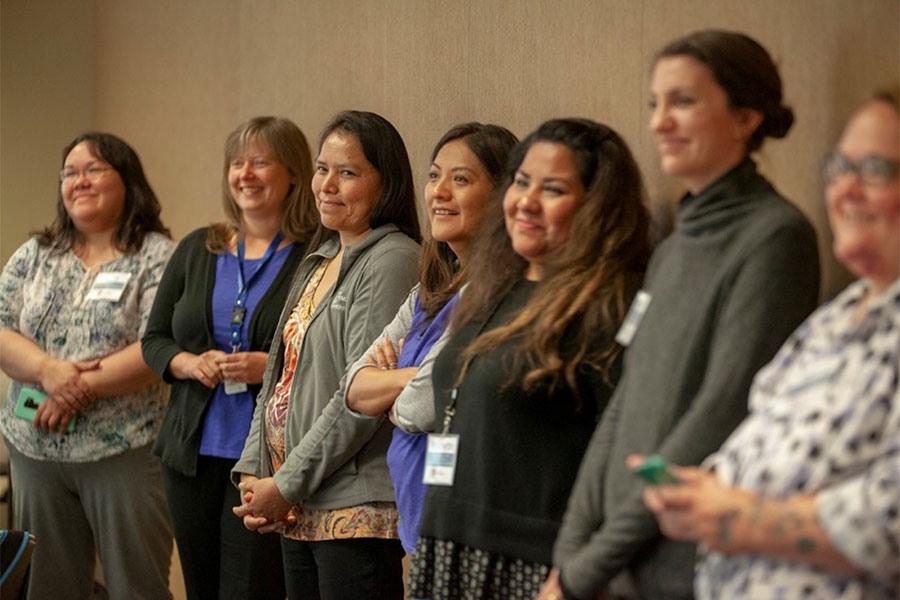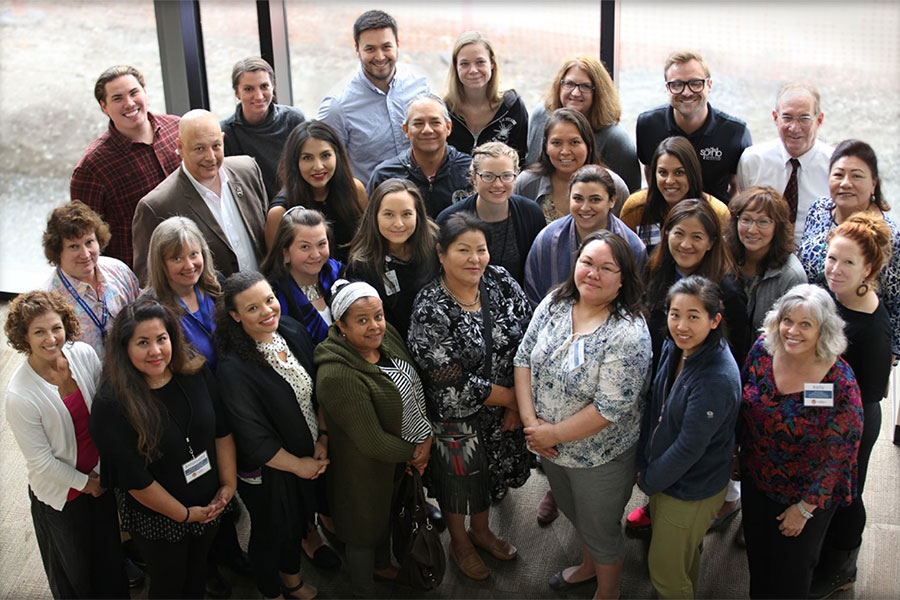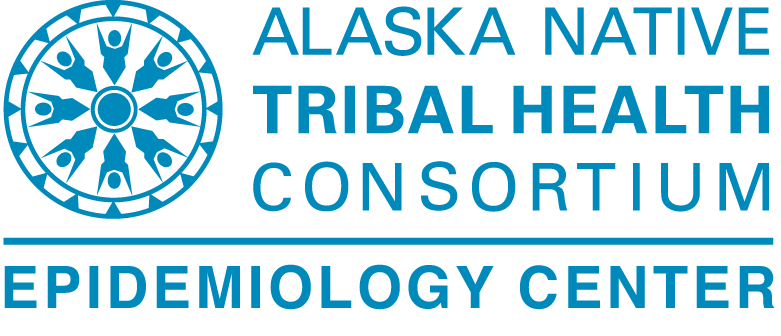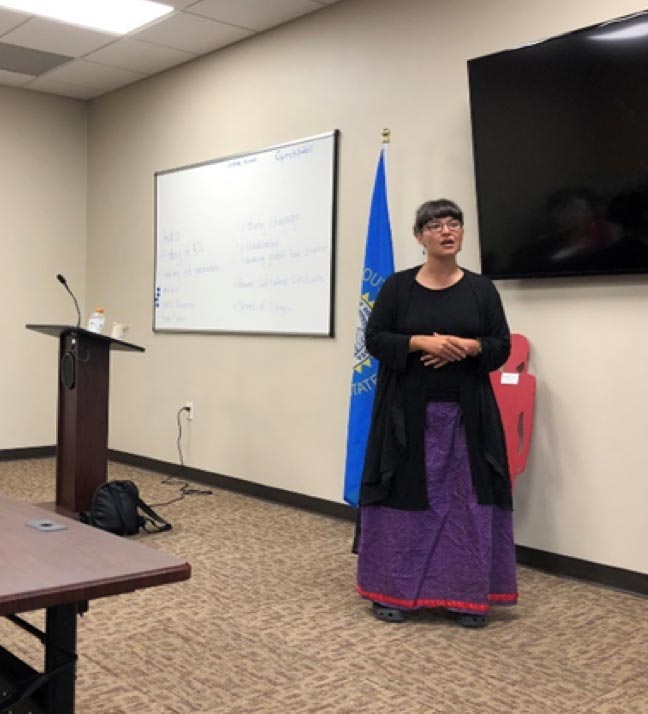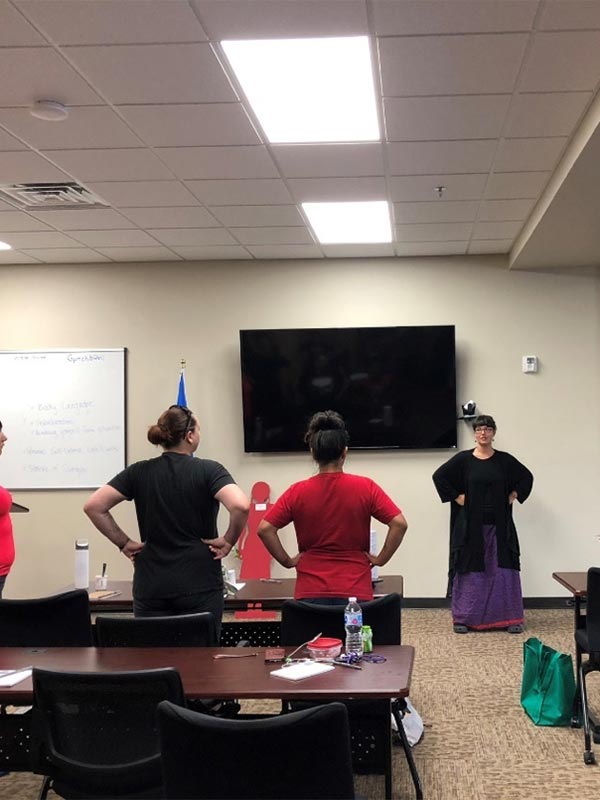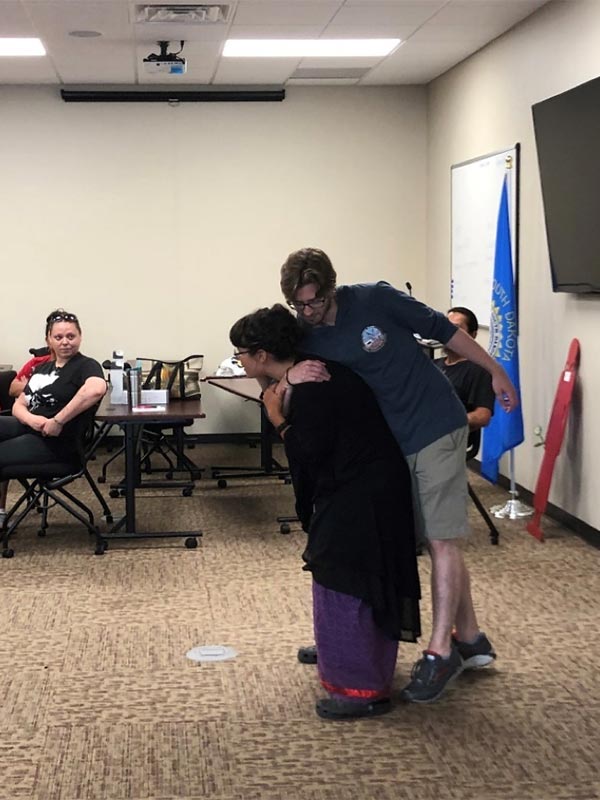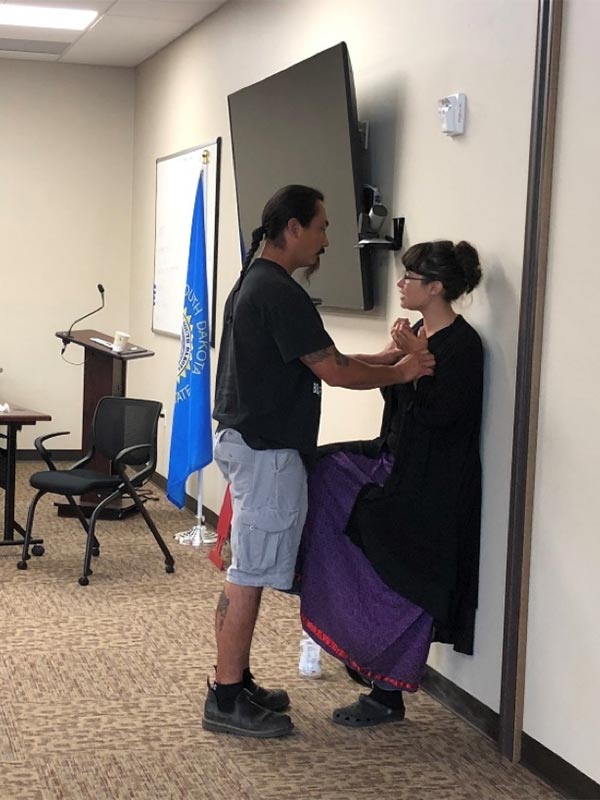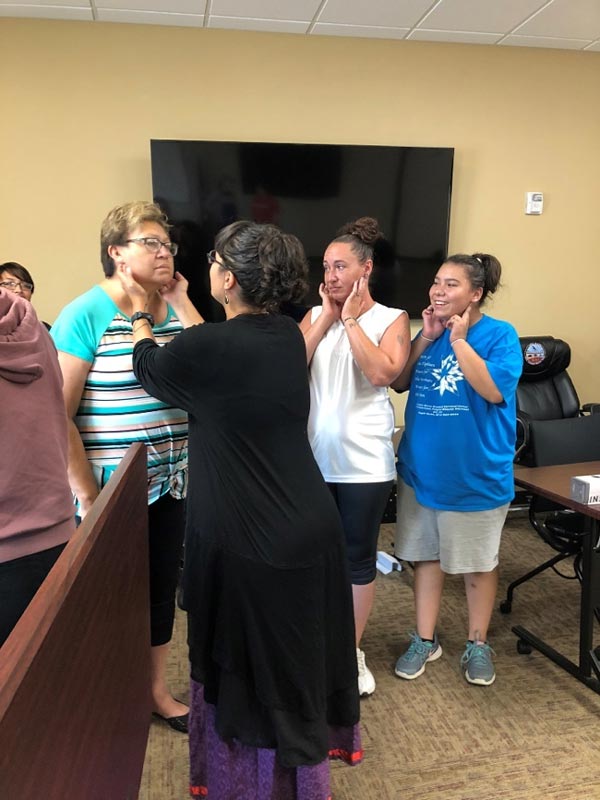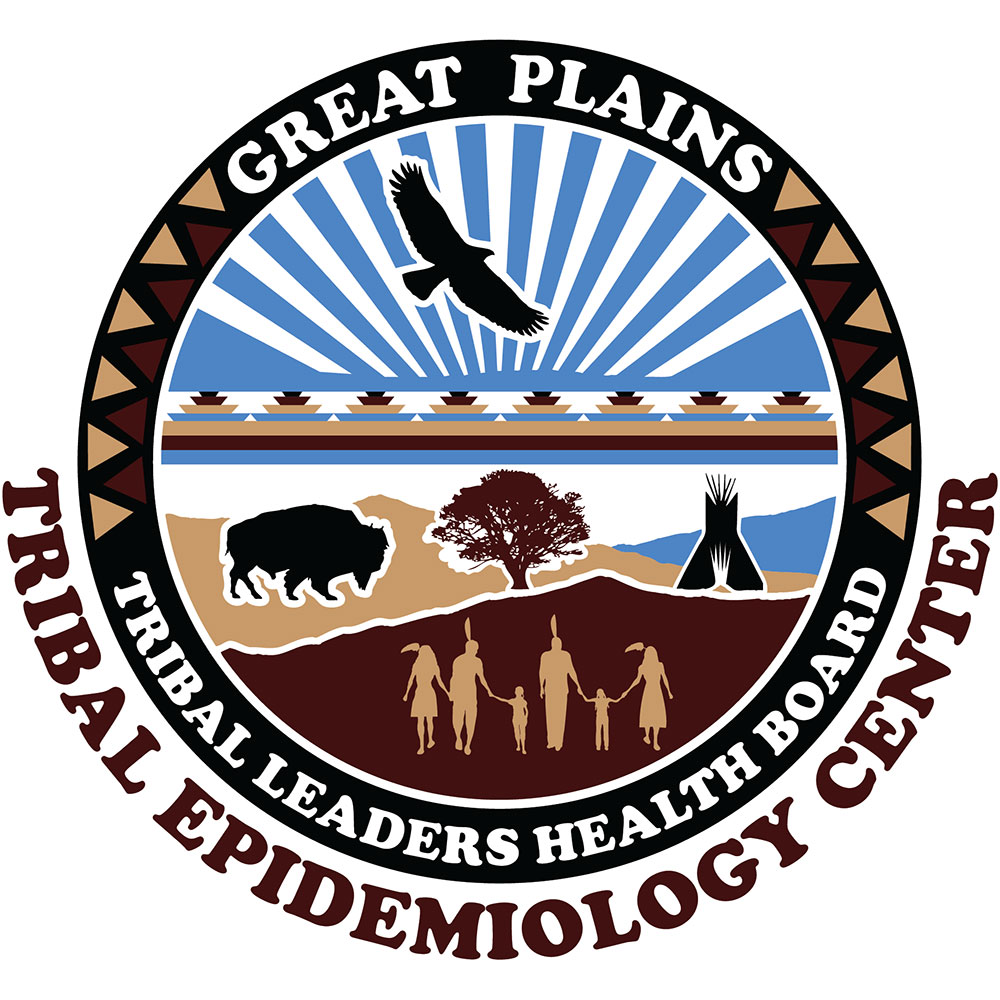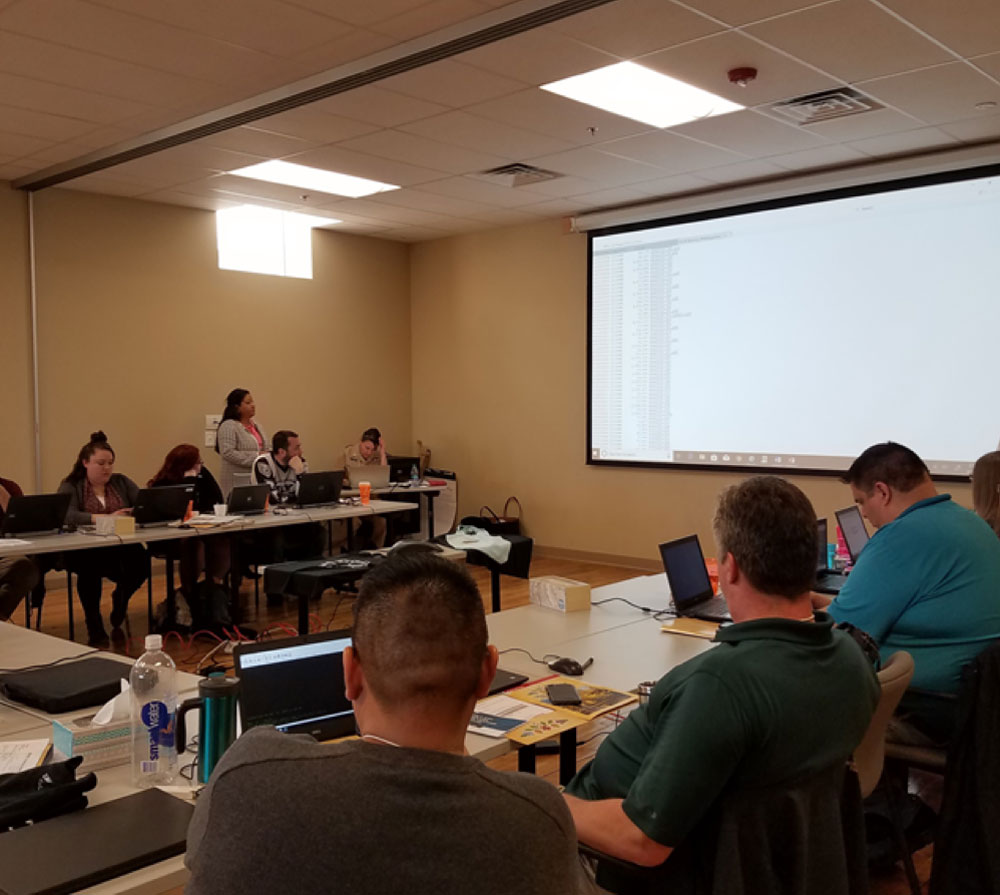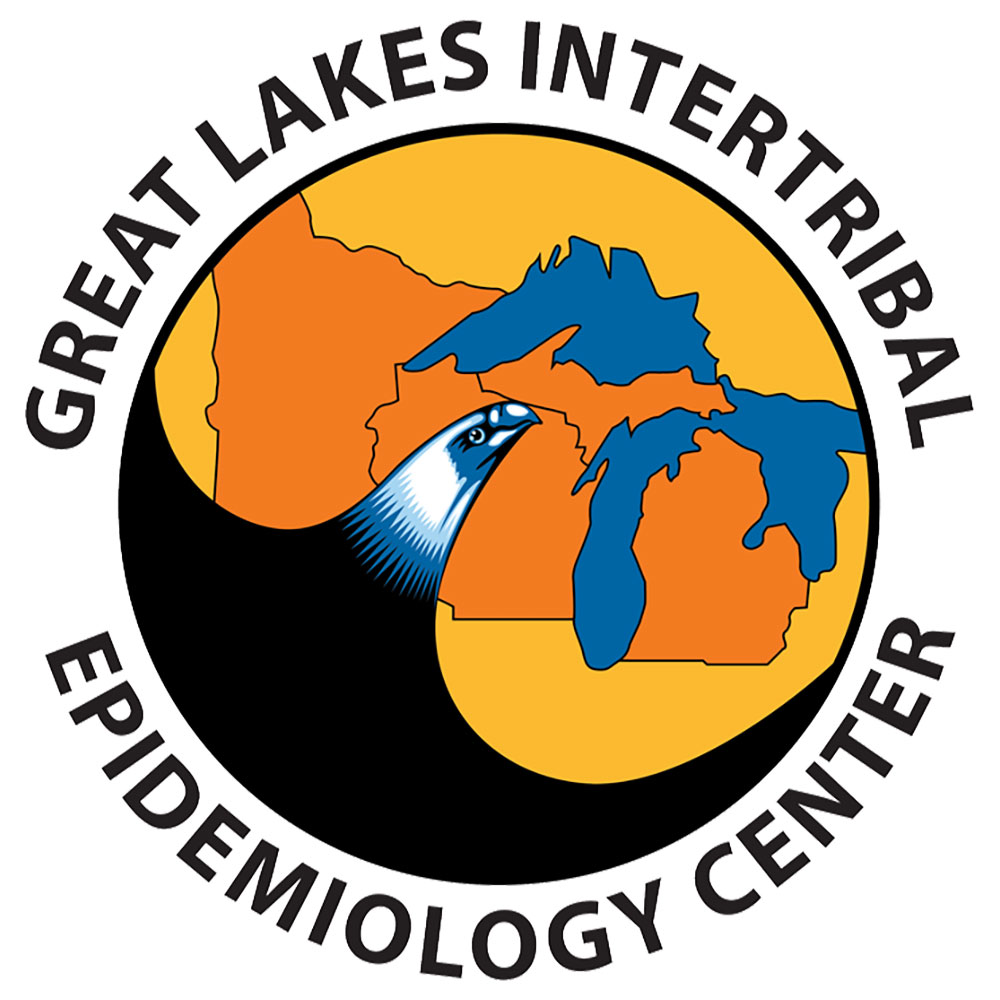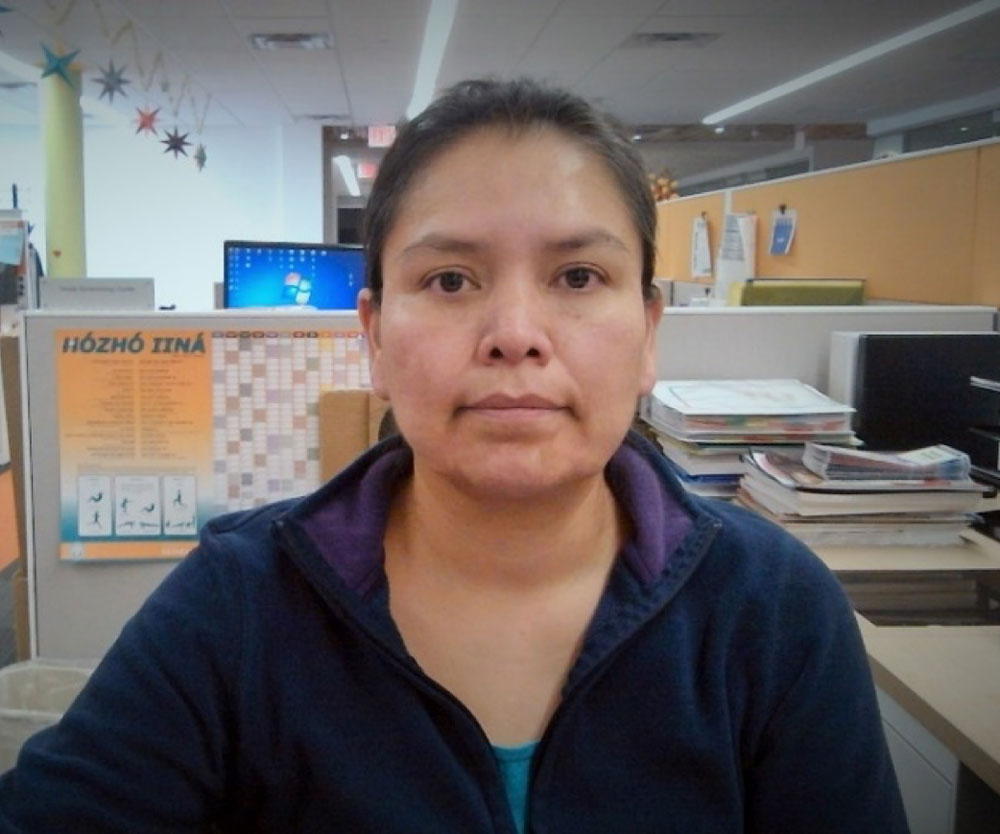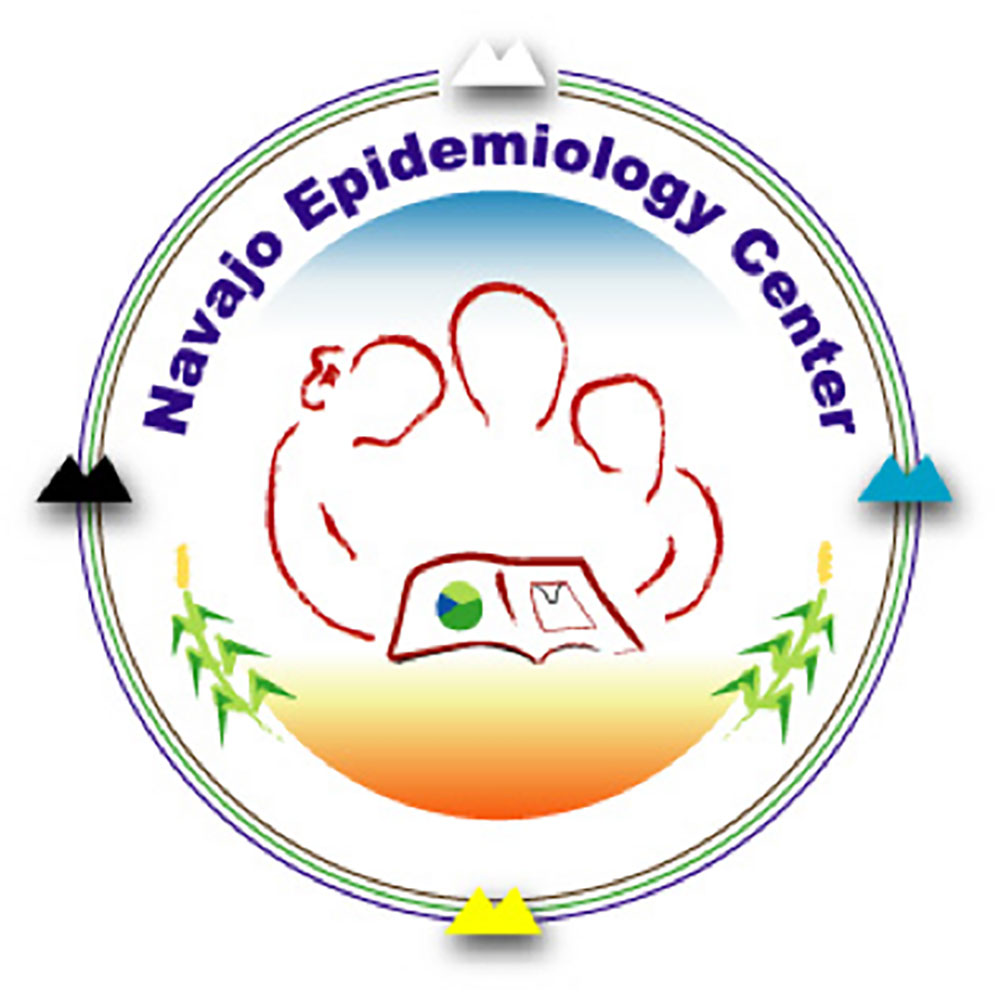This two-day training was open to all California Tribal Health Programs, Tribes, Tribal organizations, and Urban Indian Health Programs including subcontractors of the Good Health and Wellness in Indian Country (GHWIC), Advancing California Opportunities to Renew Native Health Systems (ACORNS)/California Indian Tobacco Education (CITE), Methamphetamine and Suicide Prevention Initiative (MSPI)/ Domestic Violence Prevention Initiative (DVPI) grantees, Tribal Medication Assisted Treatment, Project PaTHwAY, and Tribal Comprehensive Cancer Control Programs.
In total, CTEC hosted 50 representatives from 30 unique tribes or organizations.
“Using Data to Tell Your Story” was the theme for the training this year with the goal of giving participants the opportunity to participate in informative sessions on how to search and apply for grant funding, improve program sustainability, improve the quality of data being collected through primary and secondary sources, and learn innovative and culturally sensitive ways to use data to tell a story.
CTEC was honored to have expert guest speakers including keynote speakers Abigail Echo-Hawk, Director of the Urban Indian Health Institute and Chief Research Officer for the Seattle Indian Health Board and Theresa Ambo, President’s Postdoctoral Fellow from the Department of Education Studies at the University of California, San Diego. These speakers shared their expertise and their stories pertaining to data, evaluation, program sustainability, and community engagement to support health promotion efforts serving American Indian/Alaska Native communities across California.

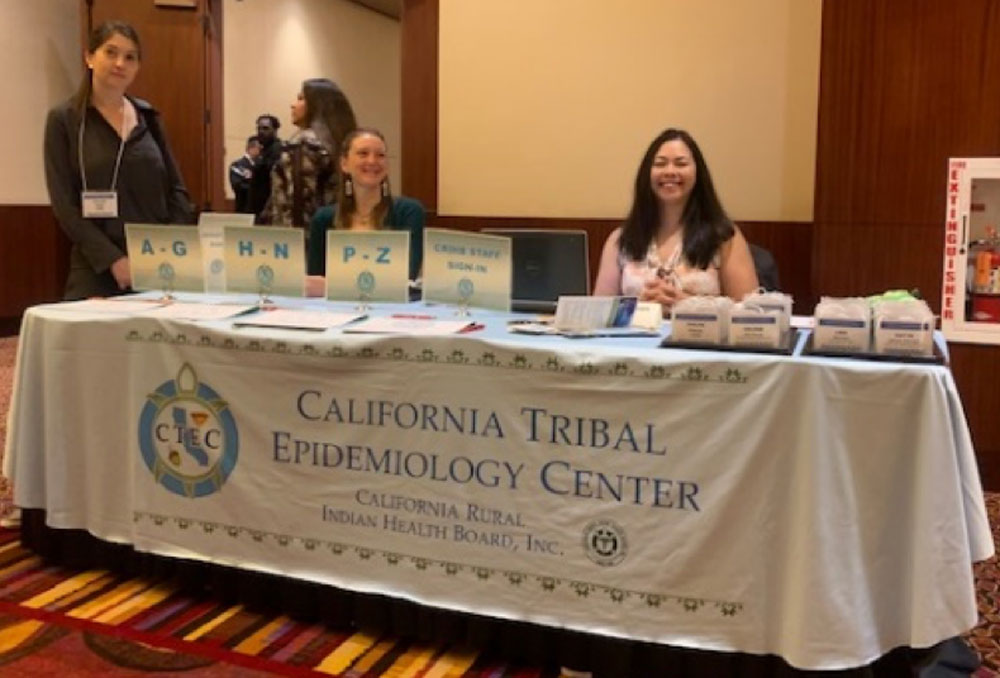
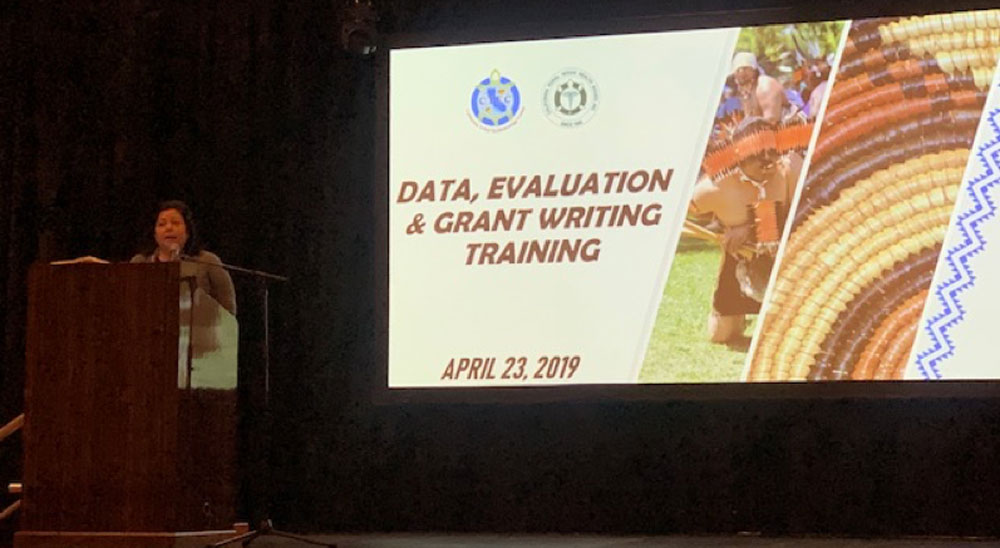
 Attendee responses from post event evaluation question: “What was your greatest takeaway from this training event?”
Attendee responses from post event evaluation question: “What was your greatest takeaway from this training event?” Attendee responses from post event evaluation question: “How will you apply this training experience to your own program practices, evaluation, and/or sustainability?”
Attendee responses from post event evaluation question: “How will you apply this training experience to your own program practices, evaluation, and/or sustainability?”